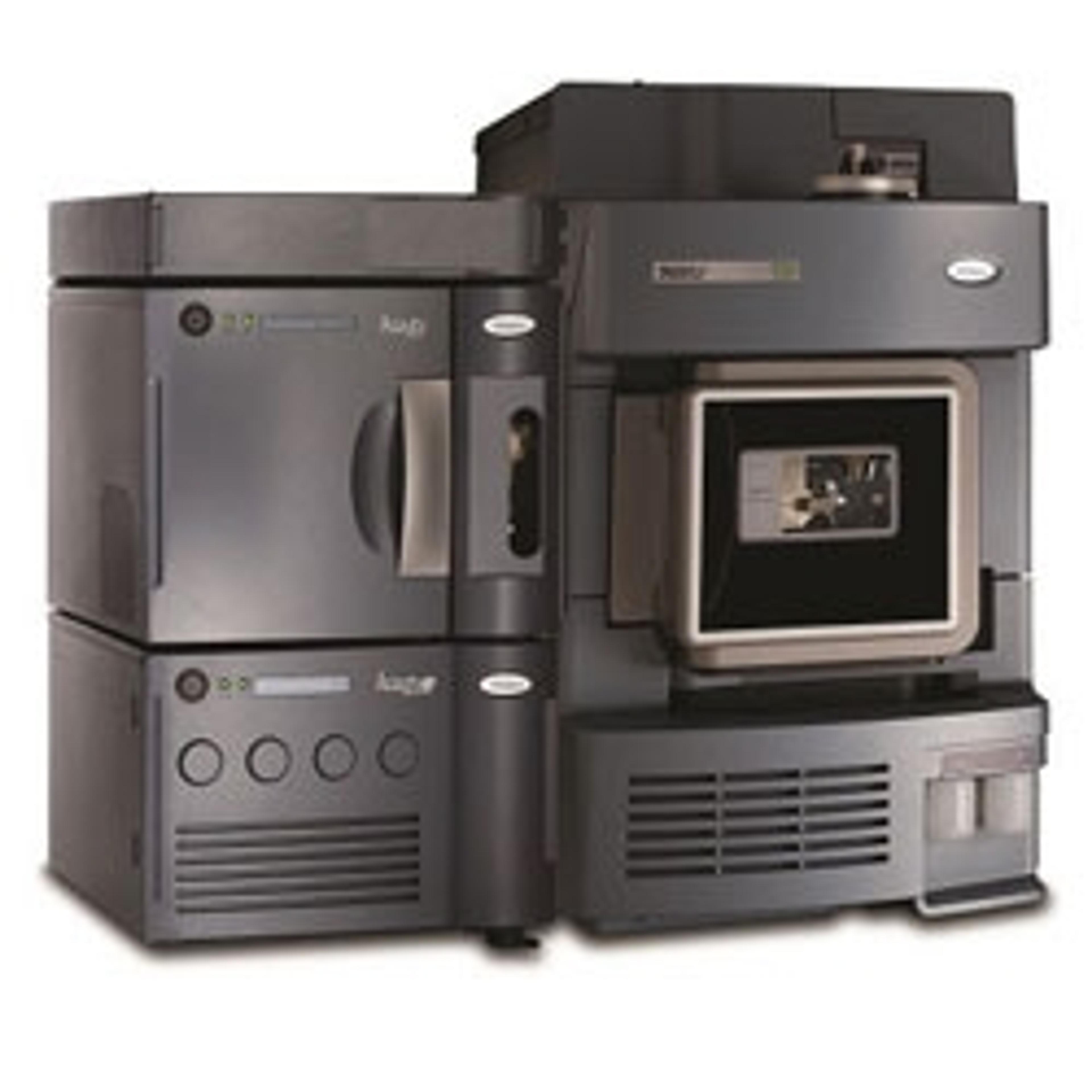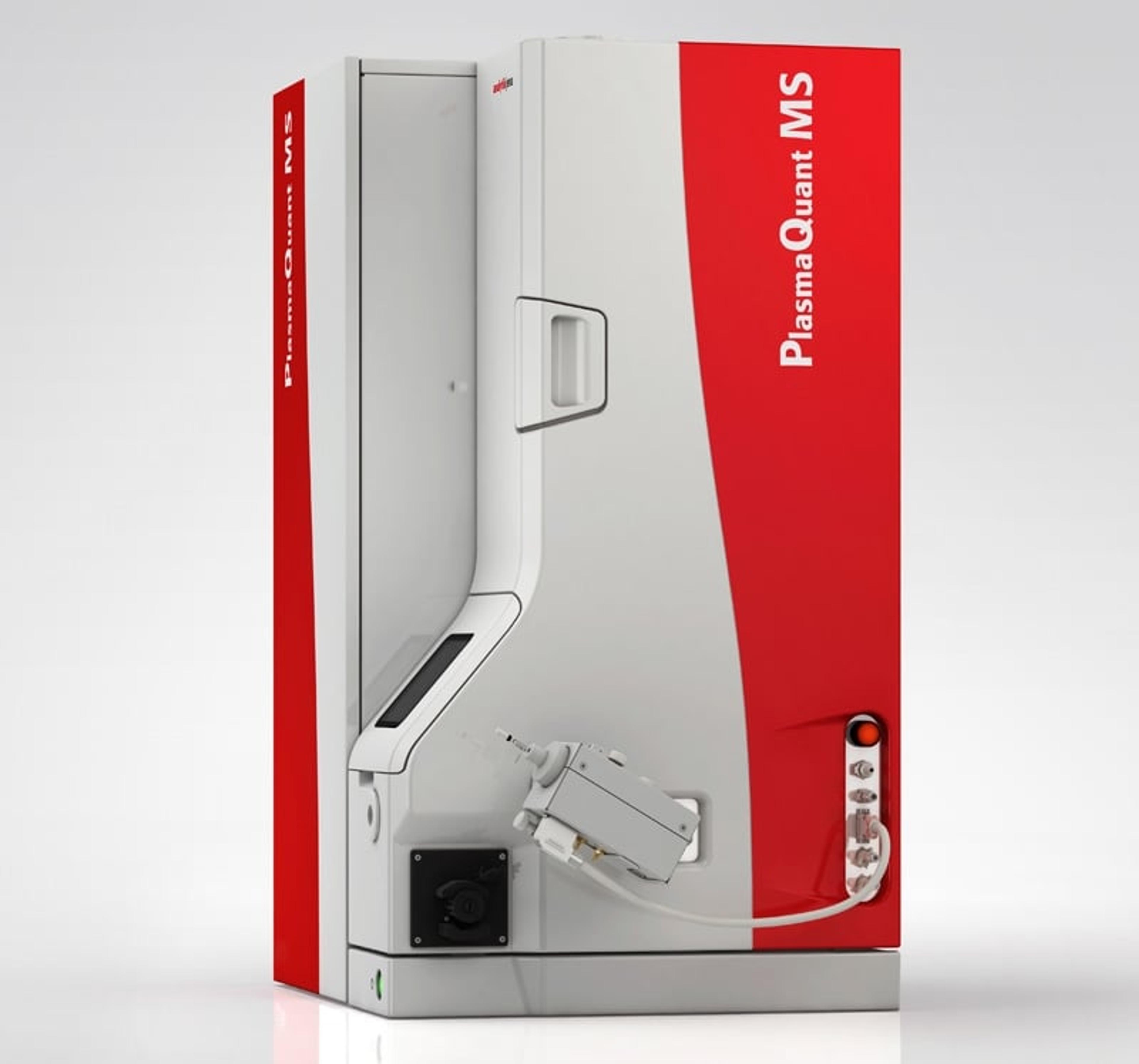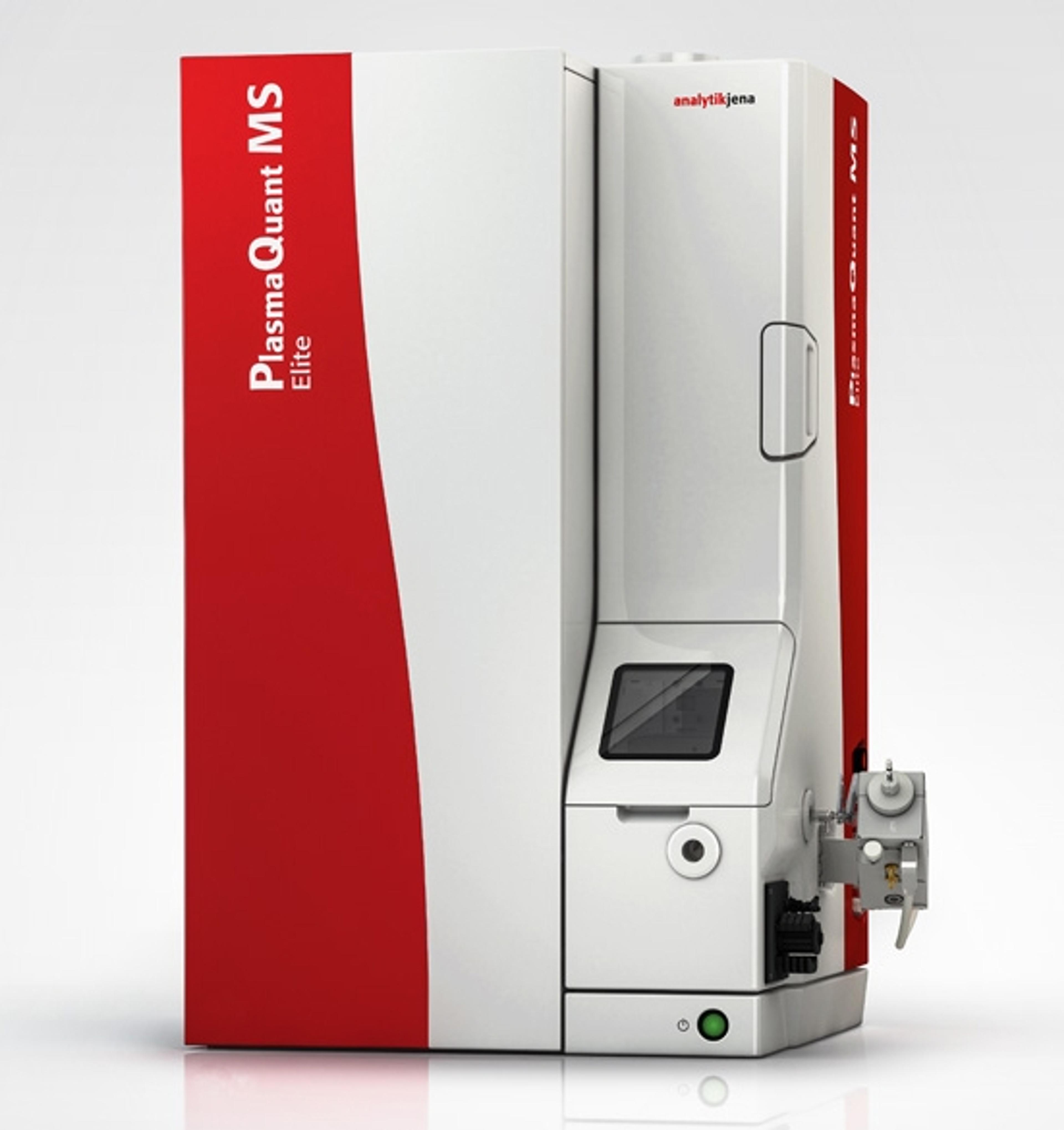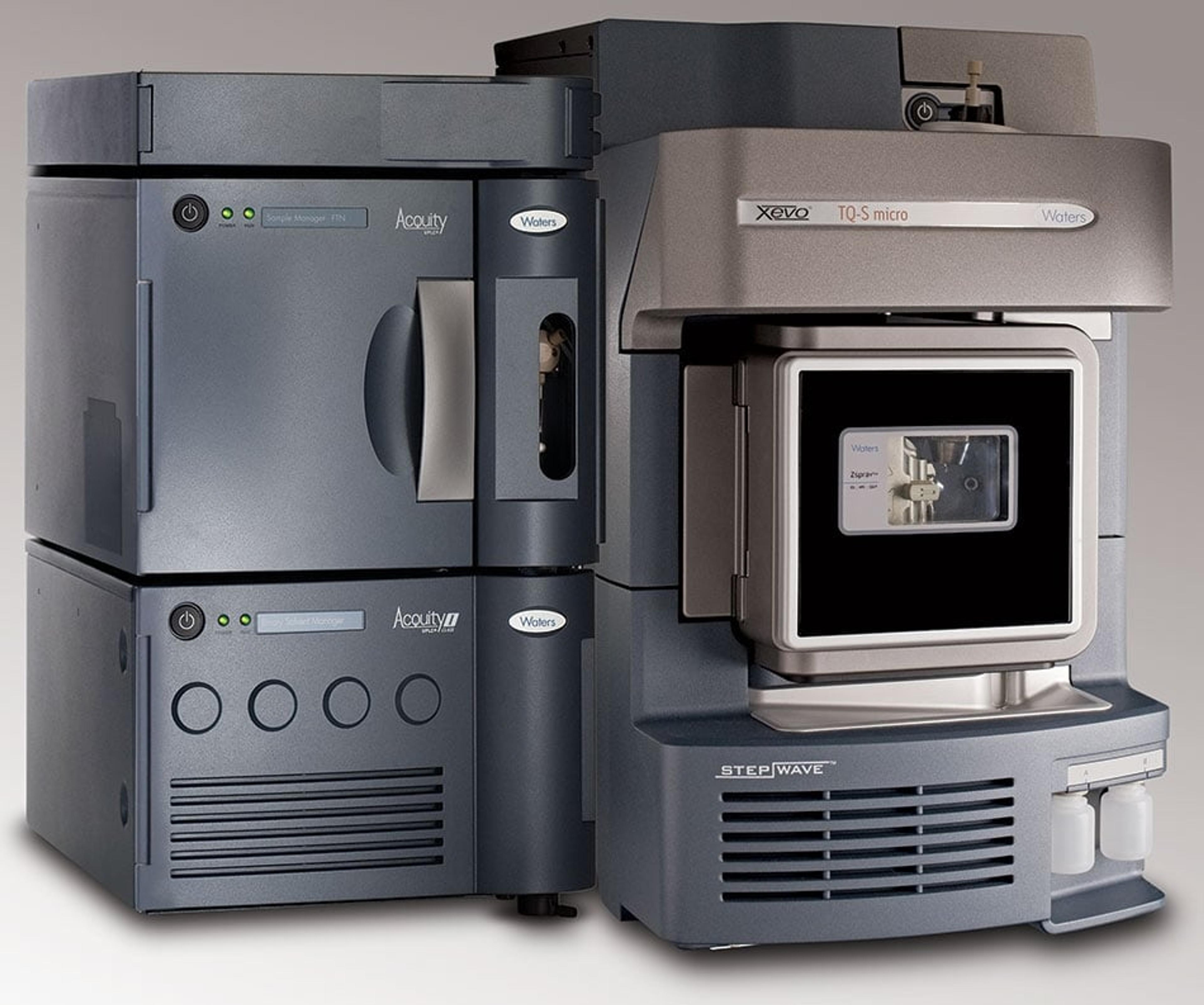Top 10 Mass Spectrometry Downloads for Clinical Scientists
Discover the application notes, scientific posters and compendiums being downloaded daily by clinical scientists
26 Sept 2017
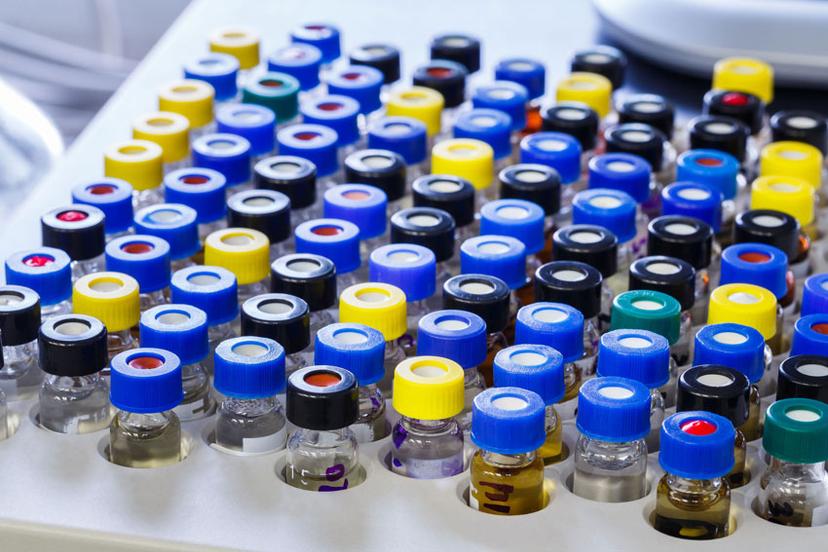
More and more clinical laboratories are adopting mass spectrometry into their everyday workflow. Clinical mass spectrometry has applications in fields such as toxicology, drug monitoring, microbial identification and biomarker identification. In this article, find the top 10 clinical mass spectrometry downloads. Find more downloads, expert interviews and videos by visiting our Clinical Mass Spectrometry Special Feature.
This poster describes a fully automated method of sample pretreatment and quantitation for 18 illicit drugs in human urine that was developed on a novel platform, the CLAM-2000 Automated Sample Prep Module for LC/MS/MS. The method performance was evaluated on the linearity, accuracy, specificity and process efficiency.
2. Quantitative Analysis of Vitamin D Metabolites in Plasma Using the TSQ Quantiva™ Triple-Stage Quadrupole MS
Liquid chromatography coupled to tandem mass spectrometry (LC-MS/MS) has become increasingly popular method for the analysis of vitamin D metabolites in plasma. This application note details a study which evaluated the use of KM1000 kit from Immundiagnostik AG for the quantification of vitamin D metabolites in human plasma on a Thermo Scientific™ TSQ Quantiva™ triple quadrupole mass spectrometer. It found that the TSQ Quantiva mass spectrometer was a valuable and sensitive analytical tool to support vitamin D research.
3. LC-MS/MS for In Vitro Diagnostics
Liquid chromatography-tandem quadrupole mass spectrometry is swiftly becoming the technique of choice for clinical laboratory analyses. Discover the IVD medical devices that offer clinical laboratories an alternative to research use only LC-MS/MS systems. These systems are specifically designed to meet the demands of clinical laboratories and are approved for diagnostic use.
This poster highlights how mass spectrometric analysis of ex vivo tissue slices from metastatic murine xenograft tumors from LM2-4 cell line with Desorption Electrospray Ionization Mass Spectrometry (DESI-MS) allowed direct comparisons with histology images to determine the molecular profile of necrotic tissues. Showcasing that mass spectrometry is an ideal novel tool for rapid pathology and is highly complementary to current histology based methods widely used in characterization of cancer.
5. The Clinical Application Notebook
Download this free notebook containing 29 application notes on steroids and hormones; therapeutic drug monitoring; pain management drugs/vitamin testing and drugs of abuse.
To address the needs of modern Clinical Research and Forensic Toxicology laboratories, MultiQuant™ software version 3.0 has been designed with the goal of improving data processing efficiency, thereby accelerating the process of data review. Integrated within Analyst® software, MultiQuant™ 3.0 software enables the identification and quantification of chemicals of interest in complex samples from data files generated on AB SCIEX triple quadrupole, QTRAP®, and TripleTOF® systems.
7. Upgrading To ICP-MS from GF-AA
This article highlights some key questions asked when upgrading from Graphite Furnace Atomic Absorption (GF-AA) to Inductively Coupled Plasma – Mass Spectrometry (ICP-MS). Including benefits, cost considerations and installation questions.
This white paper demonstrates the power of ICP-MS for the analysis of different elements in biological matrices and demonstrates the use of trace elemental analysis in clinical research and sports doping applications.
9. Preparing Biological Samples for Elemental Analysis by ICP-MS
This study discusses the comparison of three sample preparation techniques for the analysis of biological samples, esp. whole blood, by Inductively Coupled Plasma – Mass Spectrometry (ICP-MS). The study also evaluates the effectiveness of nitrogen gas addition to plasma samples, prior to analysis.
10. Orbitrap Quantitation: Lab Of The Future
Download this comprehensive review of Thermo Fisher Scientific’s Quadrupole-Orbitrap mass spectrometer technology. Learn about the technology and its many different applications, and find related application notes.

